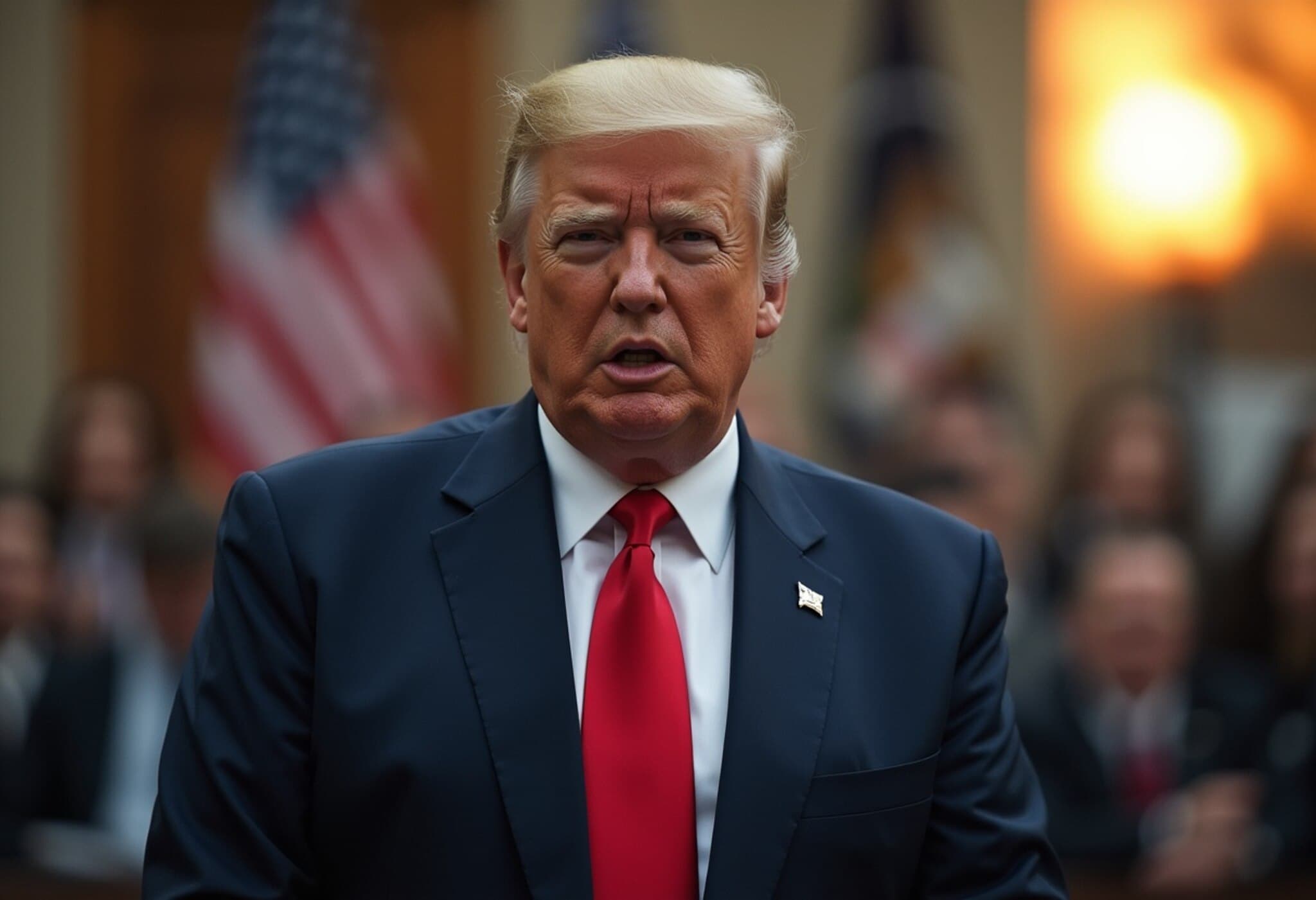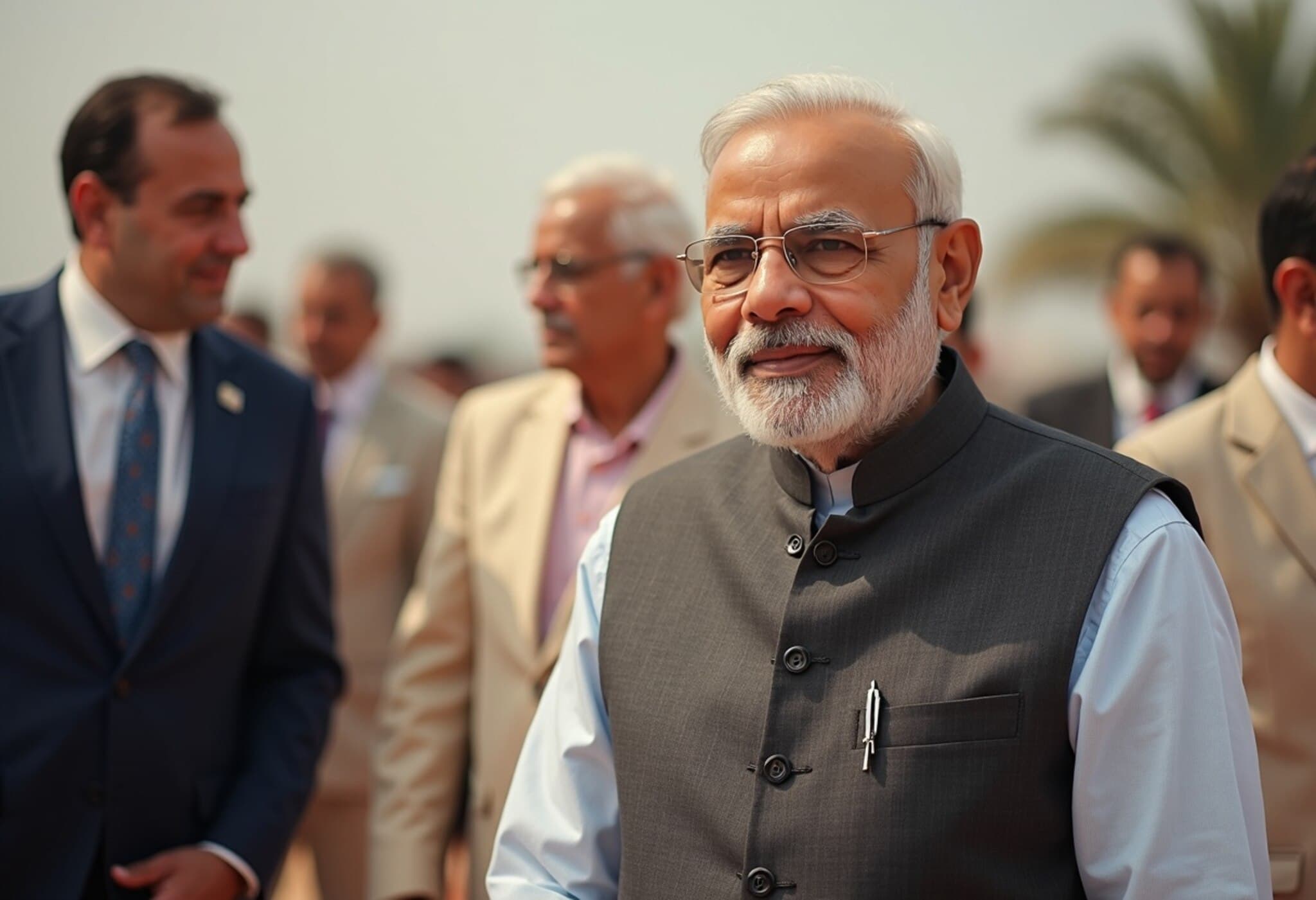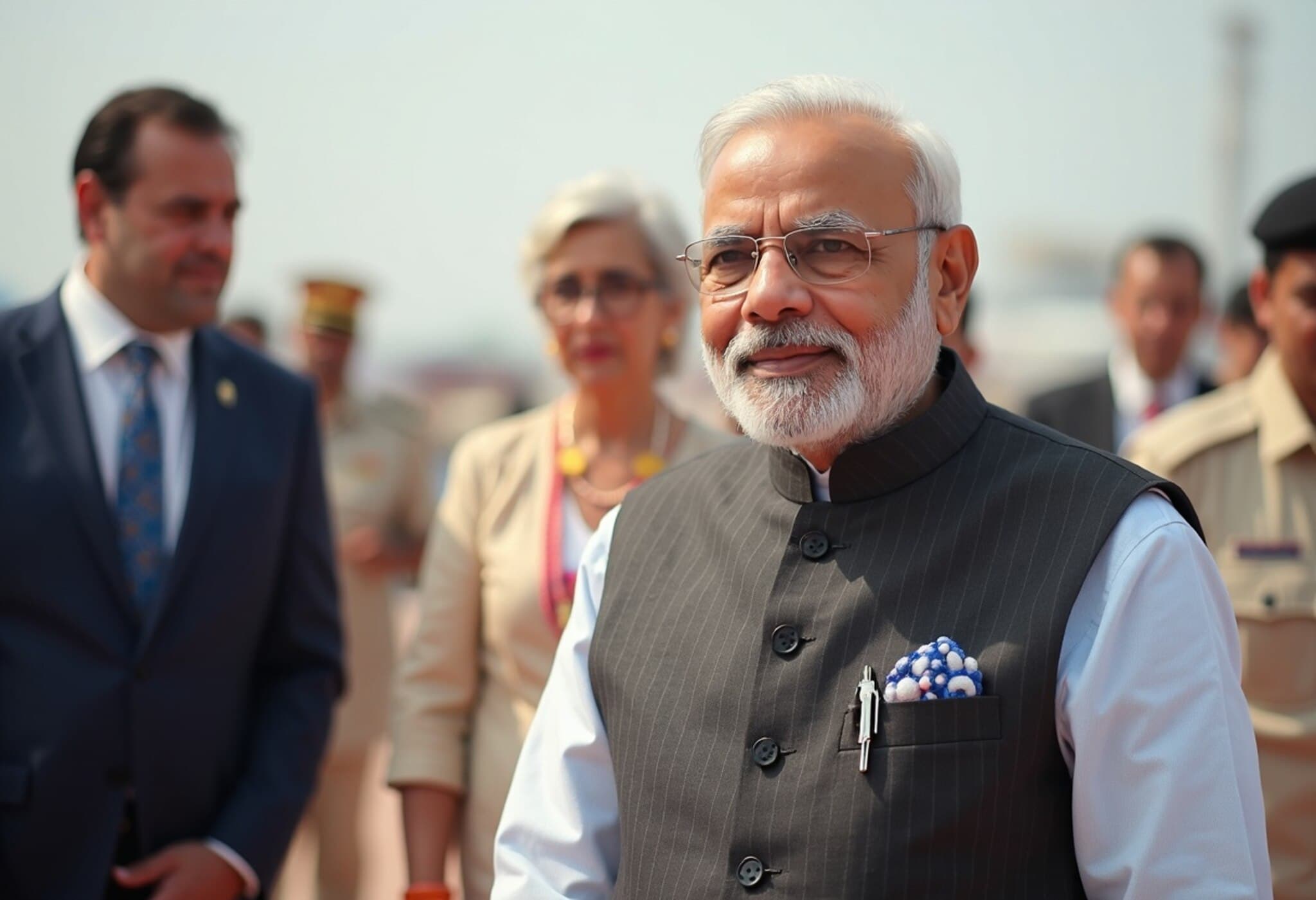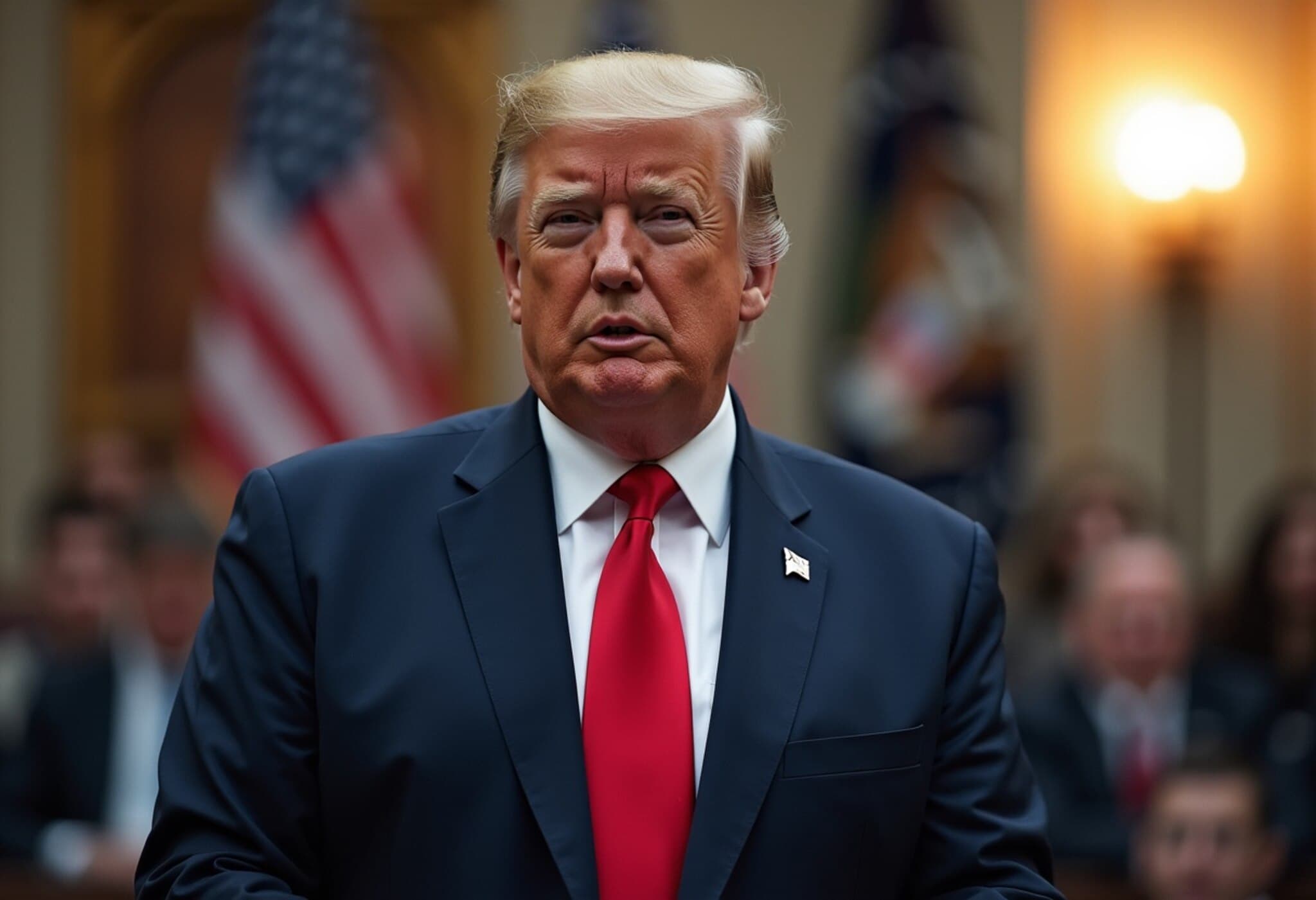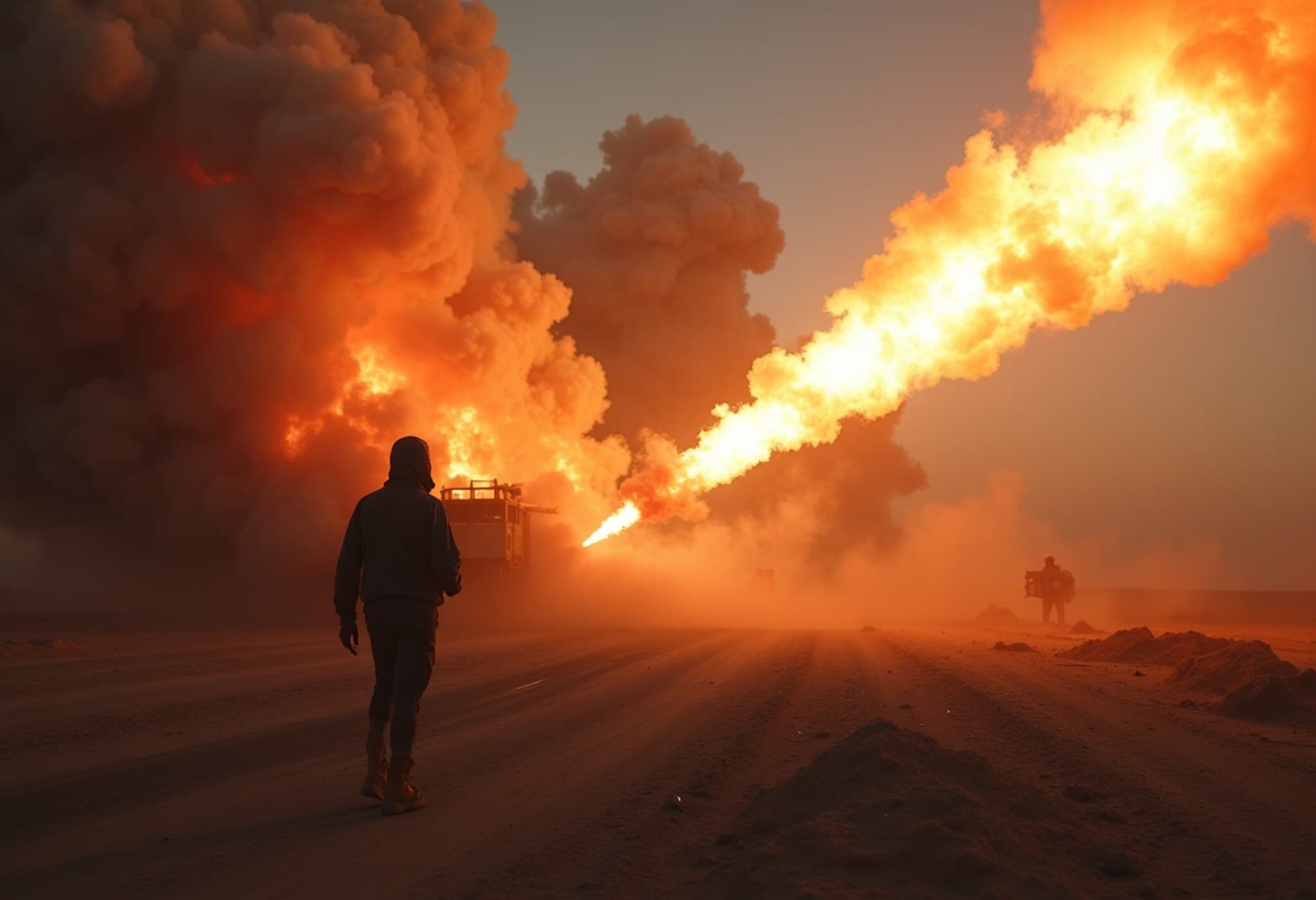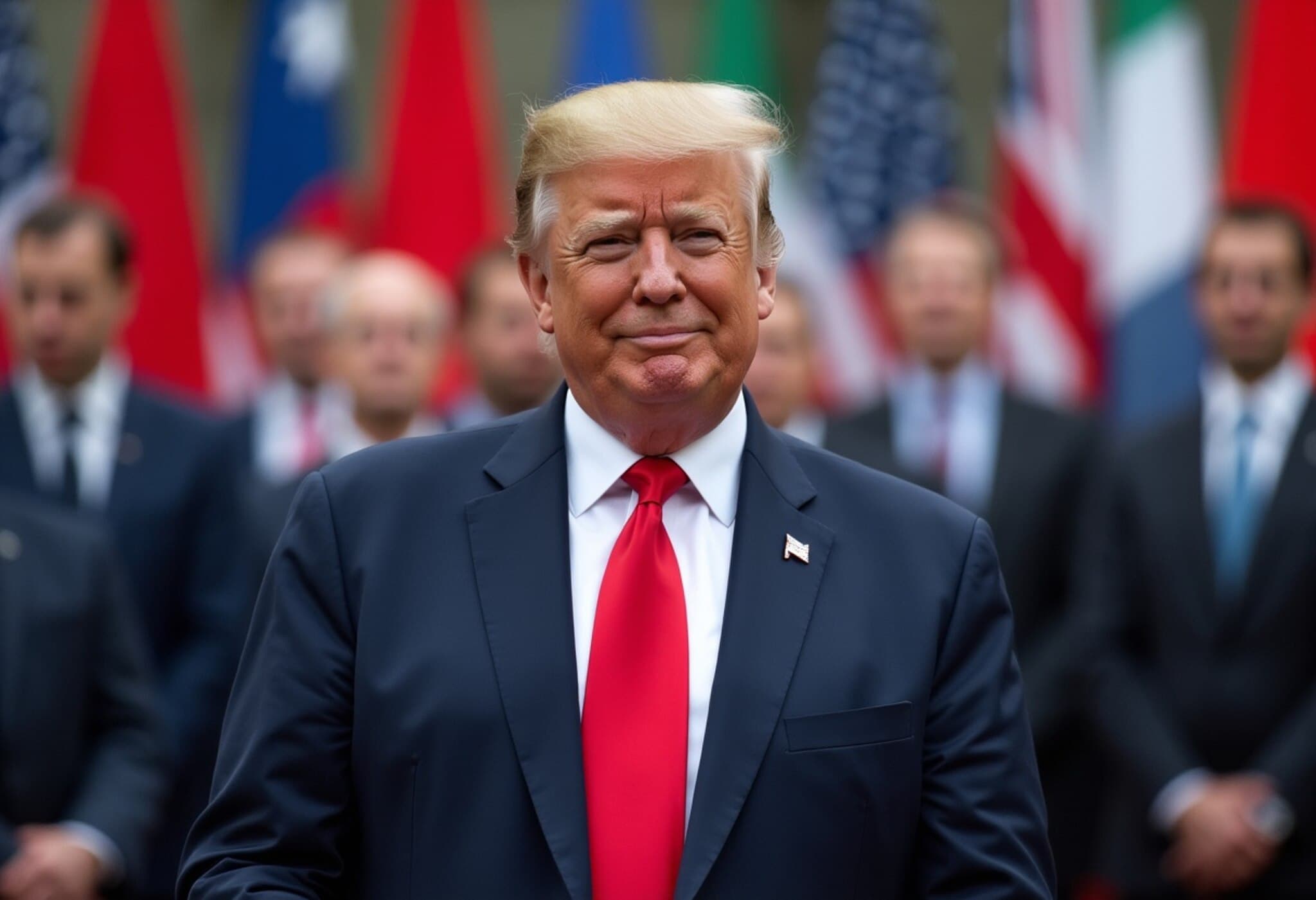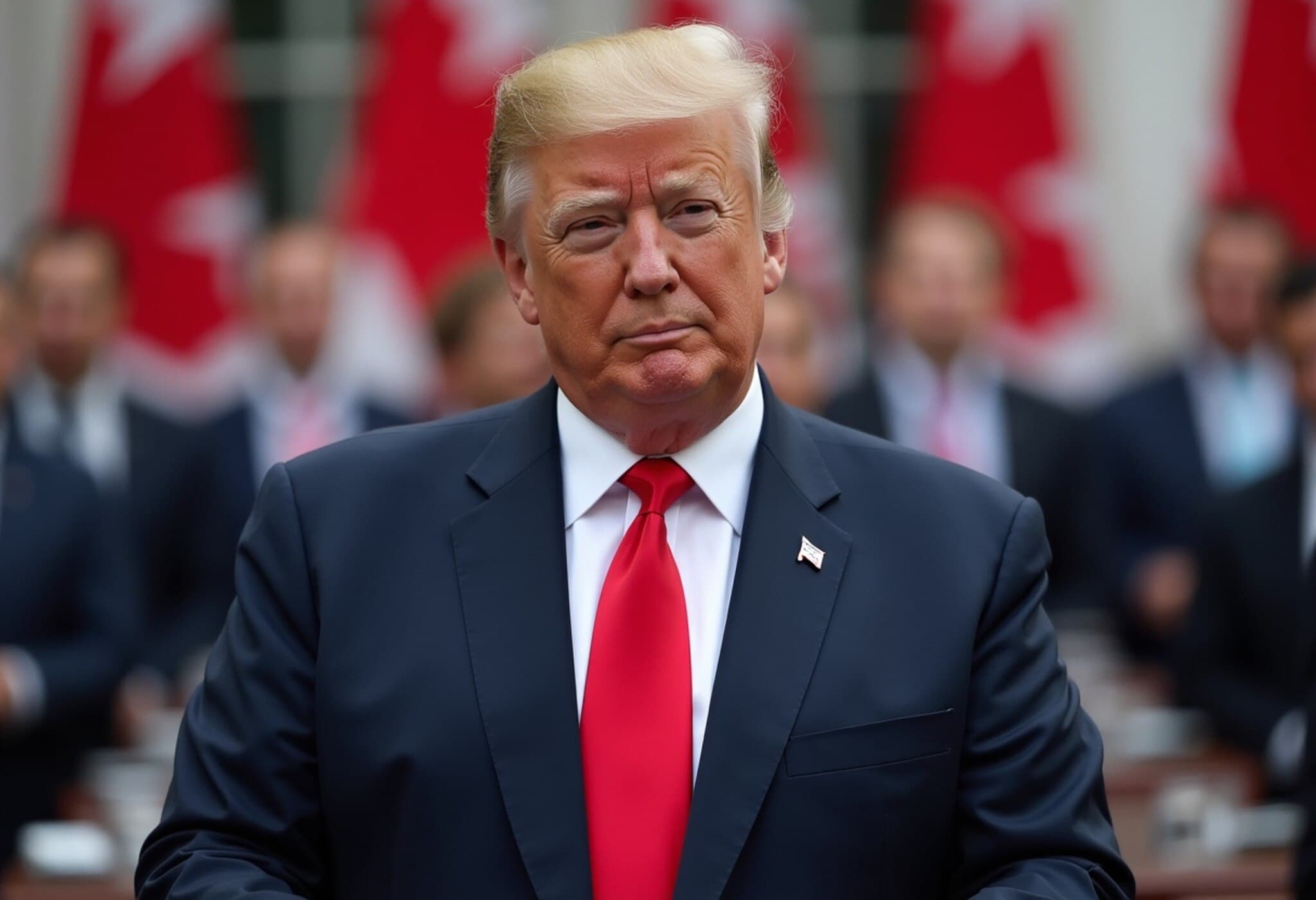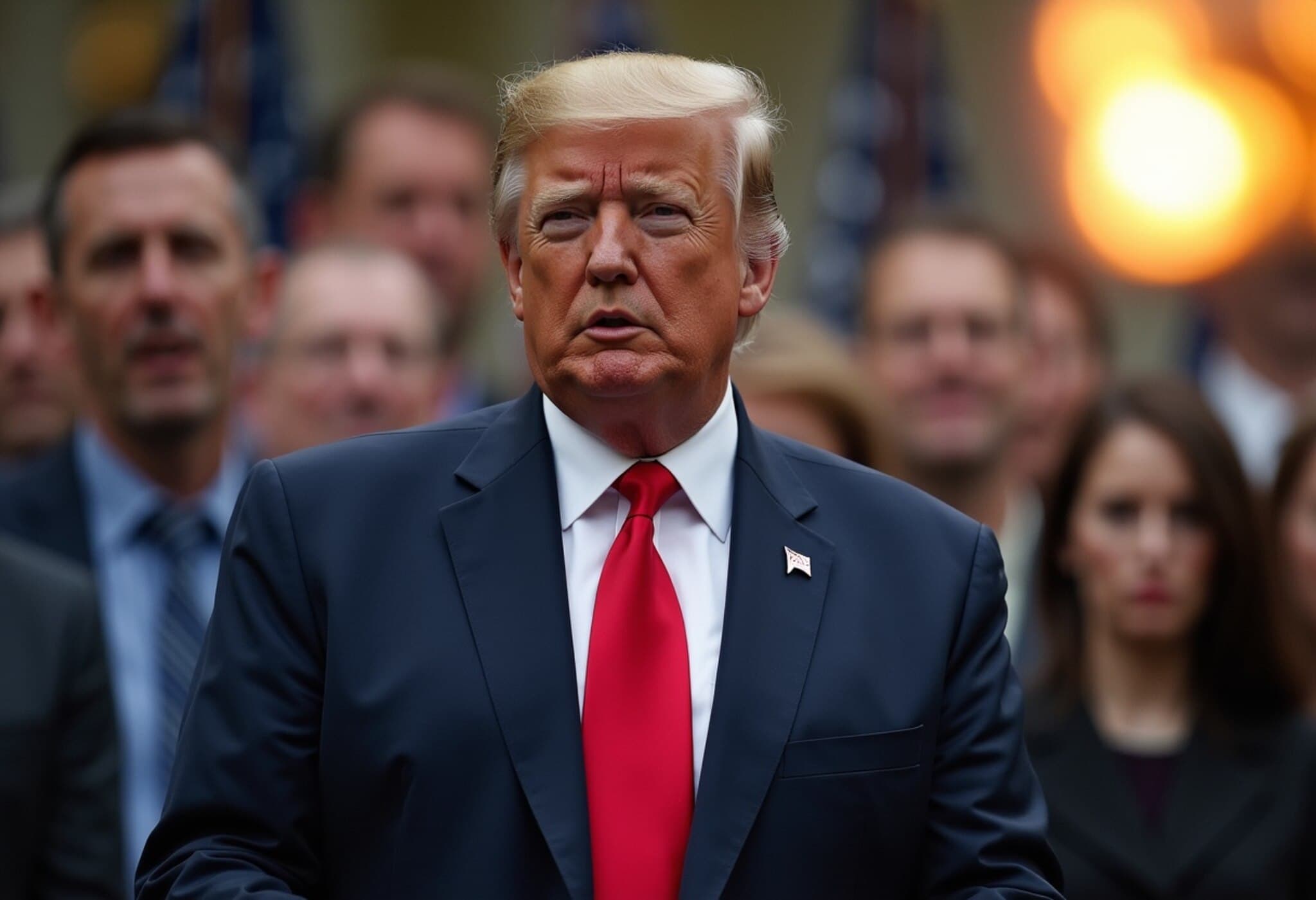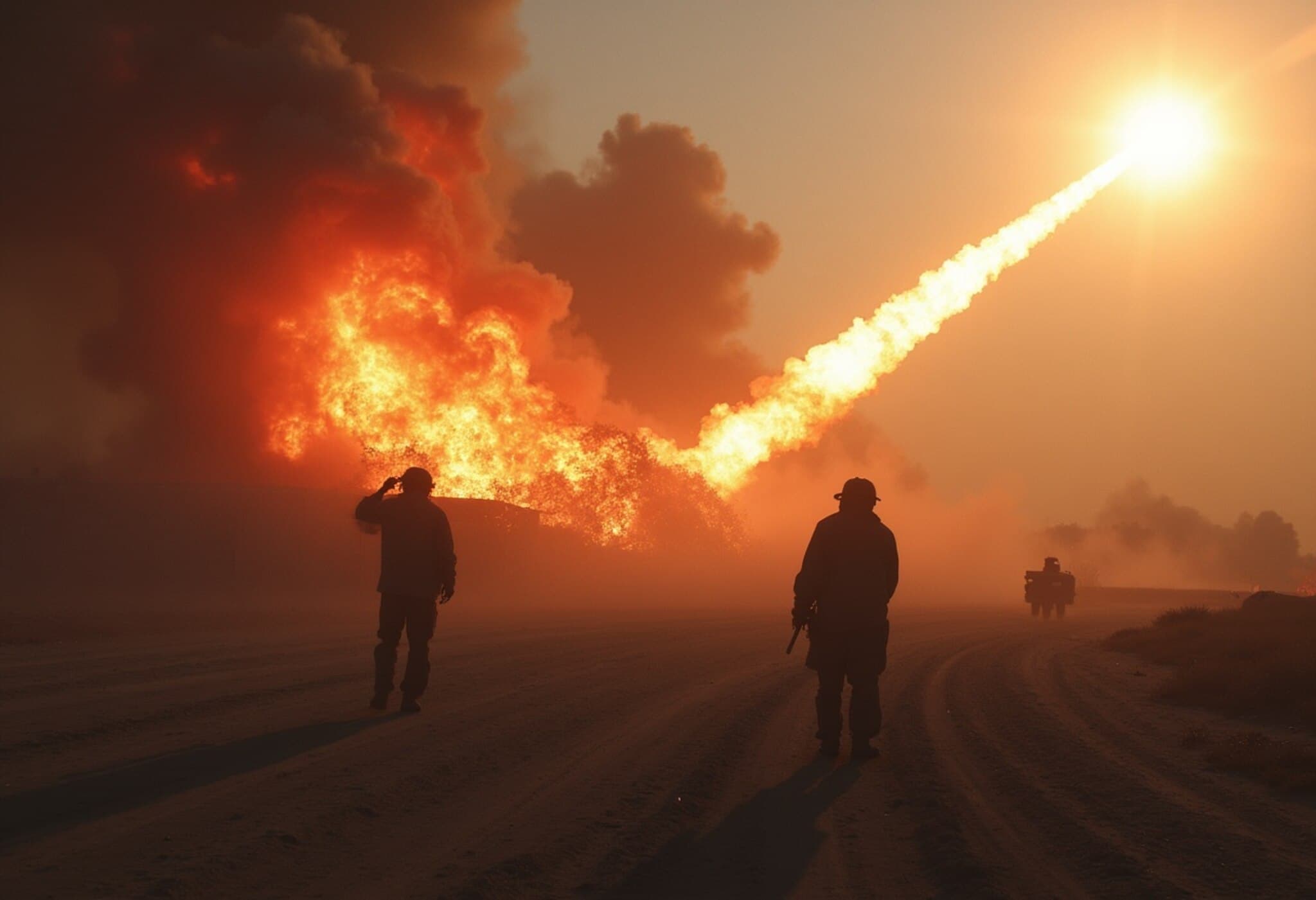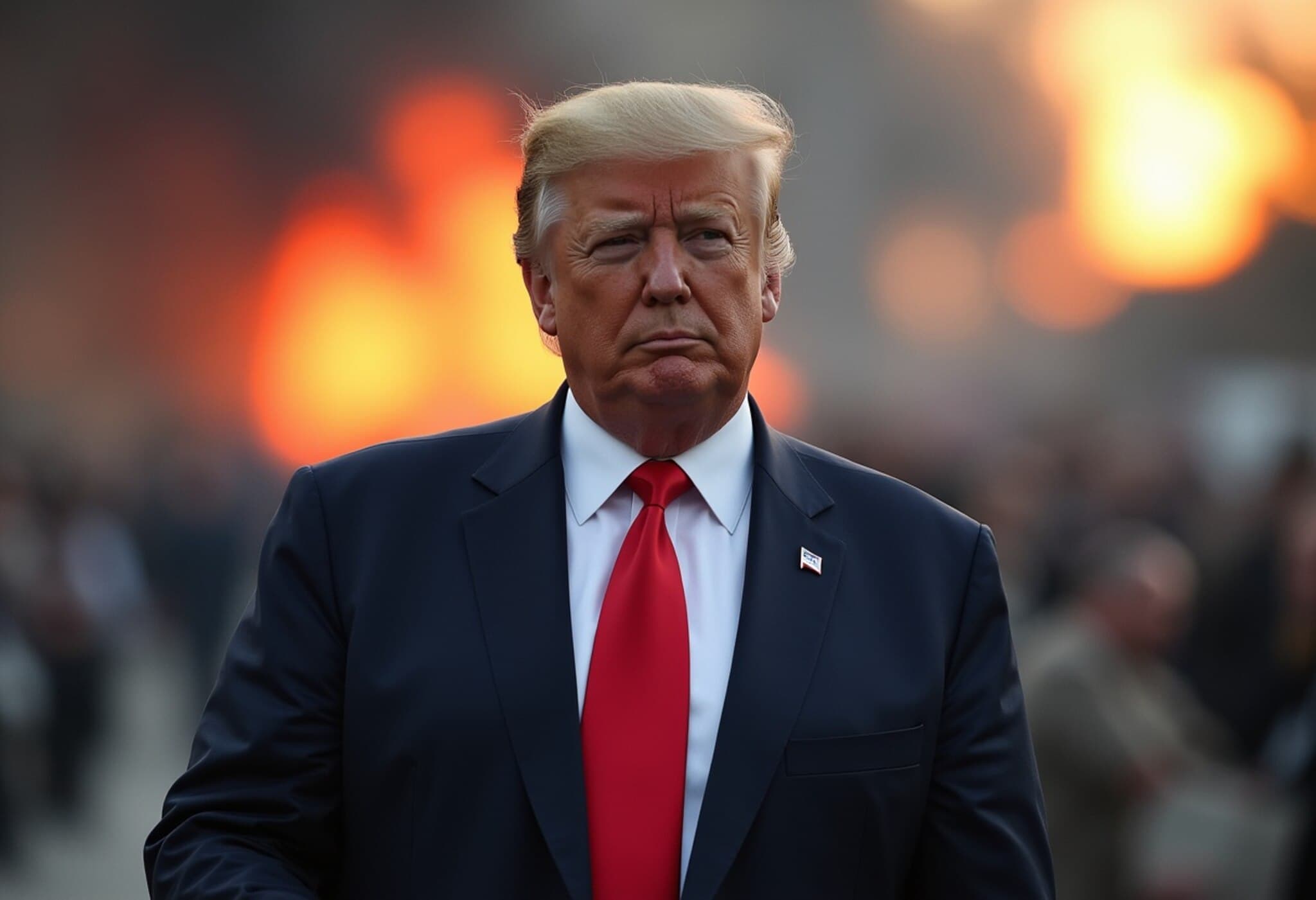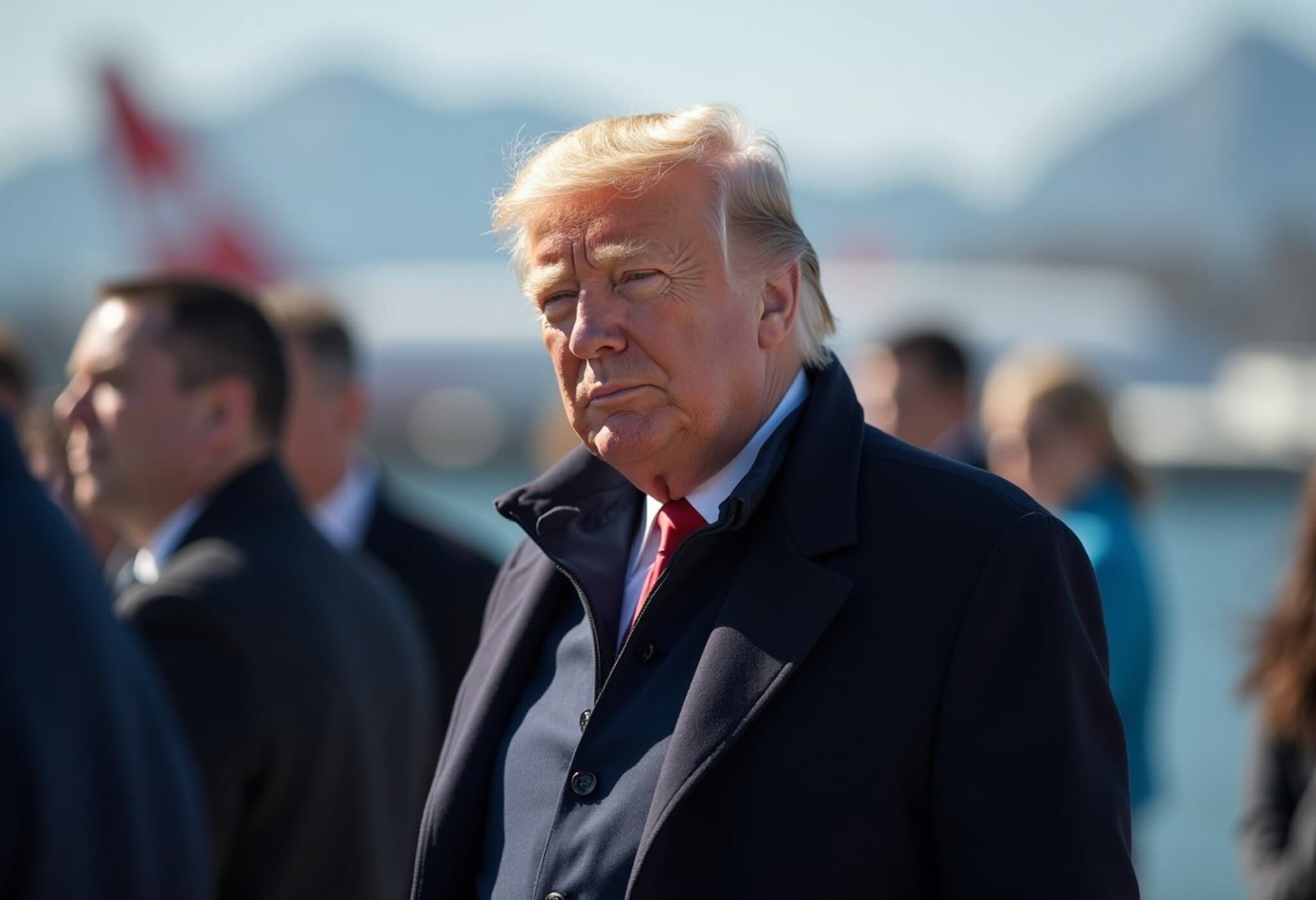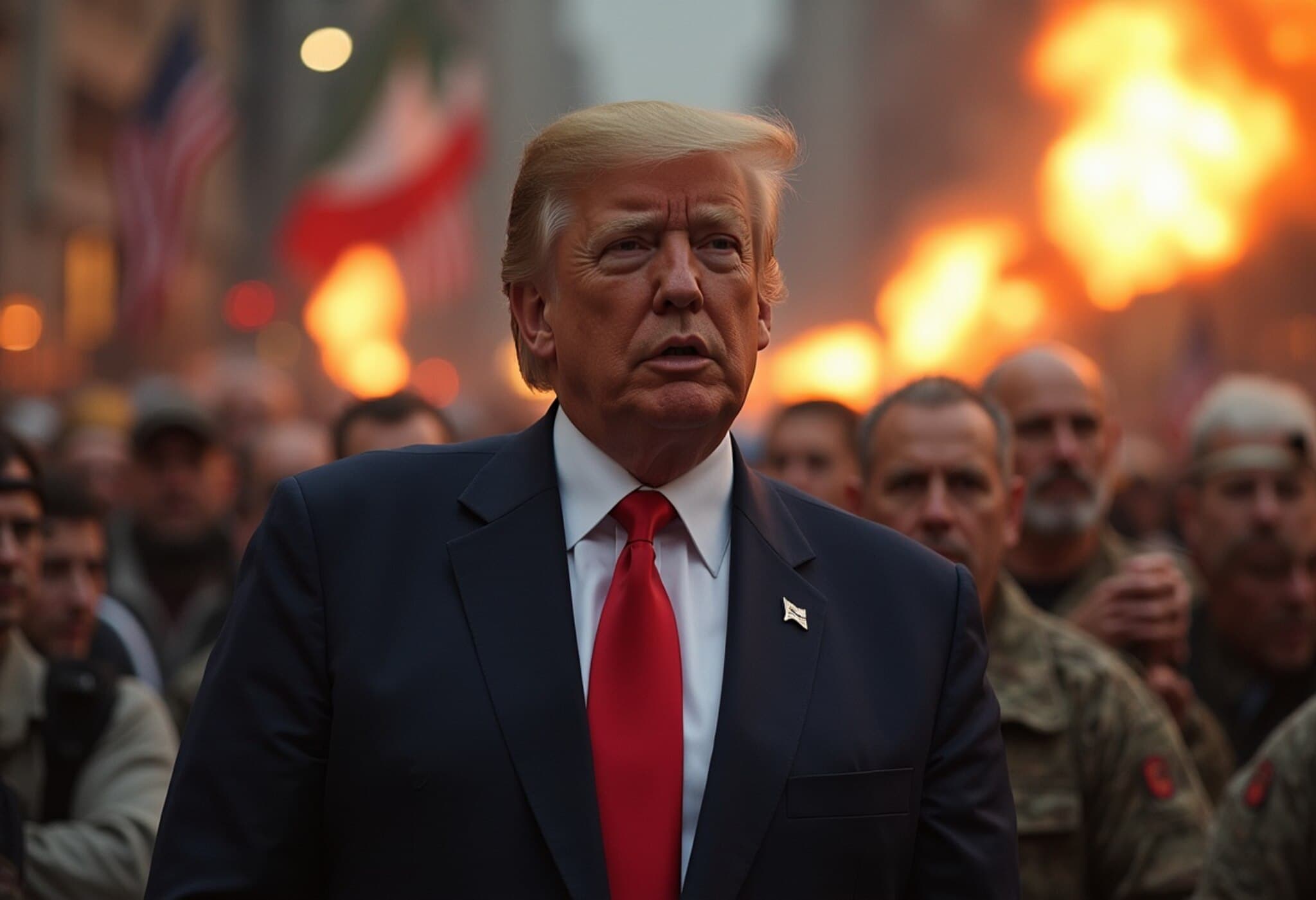Trump’s Fierce Opposition to Iran: A Deep-Rooted Resentment
During the recent G7 summit in Calgary, President Donald Trump unexpectedly left mid-dessert, citing "urgent security matters". Behind the scenes, sources revealed he was reviewing a contingency plan for a potential strike on Iran’s highly fortified Fordo nuclear facility. The proposed weapon? The massive GBU-57 bunker-buster bomb, capable of penetrating nearly 60 meters of rock. Later that evening, Trump issued a stark warning on social media: “Evacuate Tehran. Or don’t. I won’t warn you again.” He ominously added, “Khamenei is an easy target… but not for now.”
This dramatic moment was not an isolated incident but rather the latest chapter in a long-term, personal vendetta Trump harbors against Iran—one that dates back to the 1980 Iran hostage crisis. At 34, Trump was a New York real estate figure known for his brash style, and he was already seething over the humiliation America suffered then. When asked in 1980 how he would “make America perfect,” his response was swift and pointed: “We should have gone in there [Tehran] with troops.” For Trump, Iran was more than just a foreign adversary—it was a symbol of American weakness and personal affront, an anger that has since shaped his worldview and policy choices.
The Escalating Conflict of 2025: A Return to Hostilities
This year, the Middle East edge nearer to open conflict. Israel launched airstrikes targeting Iranian military infrastructure, including suspected centrifuge production sites near Tehran. Iran retaliated with hypersonic missile launches—historic firsts in the region—leading to a grim death toll exceeding 400 casualties, largely civilians. Cyberattacks and proxy activations have further destabilized the region.
In this volatile atmosphere, Trump’s actions have intensified tensions. His abrupt departure from the G7 summit and a public threat to Tehran underline a stark agenda, one far from traditional diplomacy. According to Pentagon insiders, discussions have centered around possibly deploying that powerful bunker-buster on Fordo—a highly sensitive move considered taboo until now.
The Weight of Words: Khamenei's Retaliation
Following Israeli strikes, Iran’s Supreme Leader Ali Khamenei broke a six-day silence to condemn the assaults. On social media, he promised a strong response, vowing no mercy to what he called the “terrorist Zionist regime.” Military forces raised to maximum readiness, and proxy groups in neighboring countries ramped up activity. Iranian hackers disrupted essential services in Israeli suburbs, sowing chaos and highlighting cyber warfare's expanding role.
Behind these moves lies a stark reality: Iran has lost nearly half of its inner circle in recent months, including top commanders. This is no longer a mere tit-for-tat; it is a desperate fight for survival amid mounting pressure and losses.
The Trump-Khamenei Dynamic: More Than Geopolitics
The 2020 drone assassination of Iranian General Qassem Soleimani shed ample light on Trump’s approach to Iran—decisive, unilateral, and designed as a global power statement without consulting Congress or allies. This act was perceived by Trump’s base as triumph rather than a complex geopolitical maneuver, framing Iran as a personal enemy to be decisively subdued rather than a state to be diplomatically engaged.
Today, that mindset fuels the escalating rhetoric and posture surrounding Iran. Key influencers within Trump’s circle, including notable conservative figures, have voiced fears that unchecked aggression risks dragging the United States into a large-scale conflict, potentially nuclear in scope. Yet Trump remains unwavering—viewing Iran less as a calculated threat and more as a symbol of past humiliation and defiance.
Psychology Over Policy: The Emotional Core of Trump’s Iran Stance
Unlike typical foreign policy grounded in strategic doctrine, Trump's attitudes toward Iran are informed by deep psychological factors. Iran represents, in his mind, a long-standing insult emerging from the crisis of 1979. His fluctuating actions—from threatening cultural sites to tentative diplomatic overtures—reflect a complex desire not just for geopolitical leverage, but vindication.
His persistent fixation on the Fordo nuclear facility, despite its military risks, mirrors this personal vendetta. The strategic value of striking Fordo lies less in immediate tactical gain and more in delivering a symbolic blow designed to assert dominance and resolve what Trump perceives as a historical slight against America—and himself.
The Endgame: More Than a Nuclear Threat
This conflict transcends uranium enrichment and military capabilities. For Trump, the battle with Iran is about restoring a narrative of strength and rewriting a chapter of perceived national embarrassment spanning over four decades. His rhetoric and actions suggest he views this as the final showdown in a story that began long before his presidency.
Simply put, Trump isn’t fighting Iran as much as he is fighting a memory. The 1979 hostage crisis—the moment America was seen as vulnerable—remains an indelible scar shaping his decisions. His recent threats and moves can be seen as attempts to affirm power and reclaim respect through displays of overwhelming force, regardless of the broader geopolitical consequences.
Conclusion: A Personal Grudge Drives Global Tensions
Donald Trump’s engagement with Iran reflects a deeply personal history that colors his foreign policy in stark ways. This isn’t just a diplomatic or security issue but a saga of perceived humiliation and the quest for retribution. As events unfold, it remains to be seen whether this emotional charge will lead to resolution or further escalation, possibly altering the course of Middle Eastern geopolitics for years to come.

